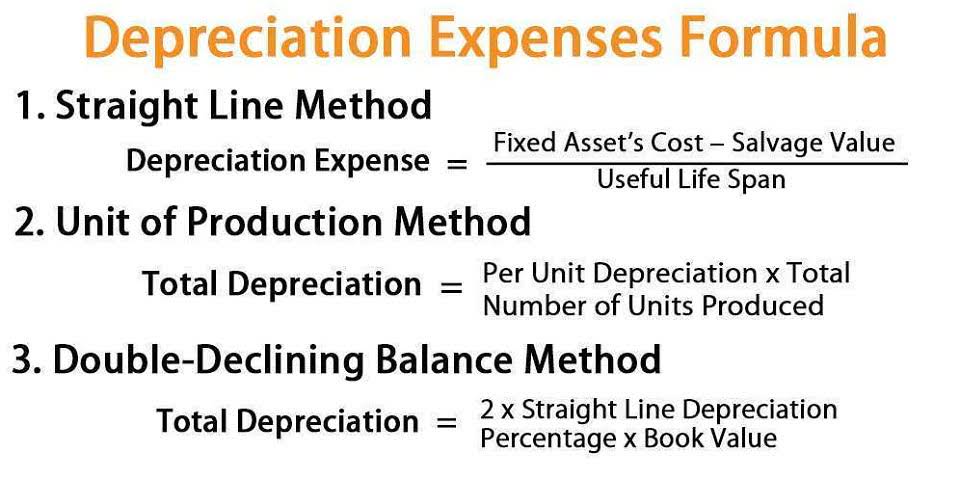
Many organizations will likely be reluctant to share sensitive data (i.e., contract information, payroll) on a public blockchain and are asking important questions about the nature of blockchain and its future uses. The data requirements would be large compared to a traditional system and is a concern that needs to be addressed if blockchain is to enjoy widespread adoption. It is likely that many enterprises will try to harness this new technology and create value with it.
What are the related courses and blogs provided by The Knowledge Academy?
- A smart contract is one of many blockchain applications that can streamline tedious tasks in today’s accounting.
- However, challenges exist, including the need for standardization, data privacy considerations, and adapting to the technical complexities of blockchain.
- This is achieved via a triple entry accounting system that, essentially, maintains three ledgers, one each by the seller, the buyer and a public set of (cryptographically authorized) records.
- And in some ways this will be a tipping point for them to go into some of the other areas that Ron just mentioned.
- Block sizes are restricted, and Blockchain depends on a network of ‘miners’ – Blockchain users who validate transactions in a new block – to solve complex mathematical problems for a spot-on new blocks.
- For administrative staff, this results in a massive savings of both time and resources.
This is done securely using a consensus protocol, or a set of rules based on mutual agreement. With smart contracts, transactions automatically go through when certain conditions are met. This helps accounting professionals and organizations automate jobs like payroll and reconciliations.This would save organizations on costs linked to manual entry errors such as administrative expenses. Standard accountancy requires a significant time investment from all organizations in How to Invoice as a Freelancer the supply chain. Businesses keep their own ledger to ensure business’ financial records are accurate and compliant. Blockchain technology has the potential to be a useful tool, but should be regarded with skepticism when it comes to its utility and implementability in organizational settings.

Modernizing your tax workflow
This benefits auditors, who can verify transactions in real-time, cutting the time and cost of traditional audits. The decentralized nature of blockchain fosters trust among stakeholders by preventing any single entity from controlling the data. This distributed and tamper-resistant nature eliminates the need for intermediaries, reduces the risk of fraud, and enhances transparency. Cryptography ensures that each participant can access the ledger’s history without compromising the security of the information. As we delve deeper into the fusion of blockchain technology with accounting, the inherent advantages of this revolutionary system become clearer, promising to redefine the way financial data is managed and audited. While challenges such as scalability, integration complexities, and regulatory considerations exist, proactive adaptation and collaboration are key to harnessing blockchain in accounting blockchain’s benefits.
Blockchain Adoption in the Accounting and Auditing Industry: An Exploratory Study in France
- By providing a transparent and secure record, blockchain significantly decreases the chances of financial fraud or data breaches.
- If they donot, they will not be able to test controls included in thetechnology and trace financial transactions recordedusing the blockchain, meaning they would not be able tocorrectly perform most of their work.
- Smart contracts offer revolutionary potential for automating intricate accounting processes.
- Auditors’ responsibilities shift towards validating the processes surrounding blockchain implementation rather than solely focusing on data verification.
- A GL includes all the assets, liabilities, equity, expense, and income ledgers, which make up a complete set of the financial transactions records.
- He has experience across many sectors includinghealthcare, manufacturing, government and trading enterprises.
For example, Spain has made it mandatory to add the tax office in CC for every invoice companies send out. But this is very cumbersome and, in our opinion, a prime example of an inappropriate use of technology. Adopting cloud-based, AI-powered accounting software can help you increase practice efficiencies while growing confident with the latest technology. I think the IRS rulings, the 10,000-plus letters that were sent out to many, many firm clients, has definitely woken people up.

A total of three entries will be created, because each party (the two parties involved in the transaction and the intermediary) creates a record for the transaction (Grigg 2005). A private distributed ledger requires an invitation to participate in the network and must be validated by a process (i.e., existing members decide on future participants) or by an algorithm. In contrast, a public distributed ledger does not require permission to participate in the network. The tokenization of assets is a promising application, converting physical or traditional financial assets into digital tokens.
- Additionally, AI-driven chatbots and virtual assistants are improving client interactions by providing real-time financial advice and support, boosting both customer satisfaction and operational efficiency.
- Ernst & Young (EY), a leading global professional services firm, utilized blockchain for inventory auditing.
- Smart contracts also ensure transparency and traceability by recording every transaction on the blockchain, creating an immutable ledger accessible to all parties.
- DeFi platforms, such as Aave and Compound, have harnessed blockchain to enable peer-to-peer lending and borrowing, circumventing traditional financial intermediaries while enhancing transactional transparency and security.
A Pragmatic Approach to Blockchain in Accounting
For instance, machine learning models analyze historical stock prices and economic indicators to forecast market movements, offering investors a competitive edge. These models can incorporate specific financial metrics, such as the price-to-earnings ratio or return on equity, to improve predictive accuracy. So, if you’d like to learn more about how blockchain and other emergent tech can improve your business and working life, then consider joining our dynamic global network today. Accountants CARES Act and bookkeepers will no longer need to do reconciliations, but will still need to verify details about the assets and transactions (like the location and recoverable value).

Blockchain technology reduces the possibility of disputes by fraudsters and scams. This reduces risks for all parties who use blockchain technology for accounting purposes. It also saves businesses a lot of time from having to deal with fraud or trying to collect money from dishonest organizations. Although the middle man slows down transactions and adds fees for their services, they’re not all bad. The middle man plays a large role in protecting both parties in the exchange of assets from fraud.

Still going strong as of the time of writing in 2024, this implementation of blockchain in the accounting suite has enabled efficiency in accounting processes and built a new foundation for future innovations. The move to a financial system with a significant blockchain element offers many opportunities for the accountancy profession. Accountants are seen as experts in record keeping, application of complex rules, business logic and standards setting.